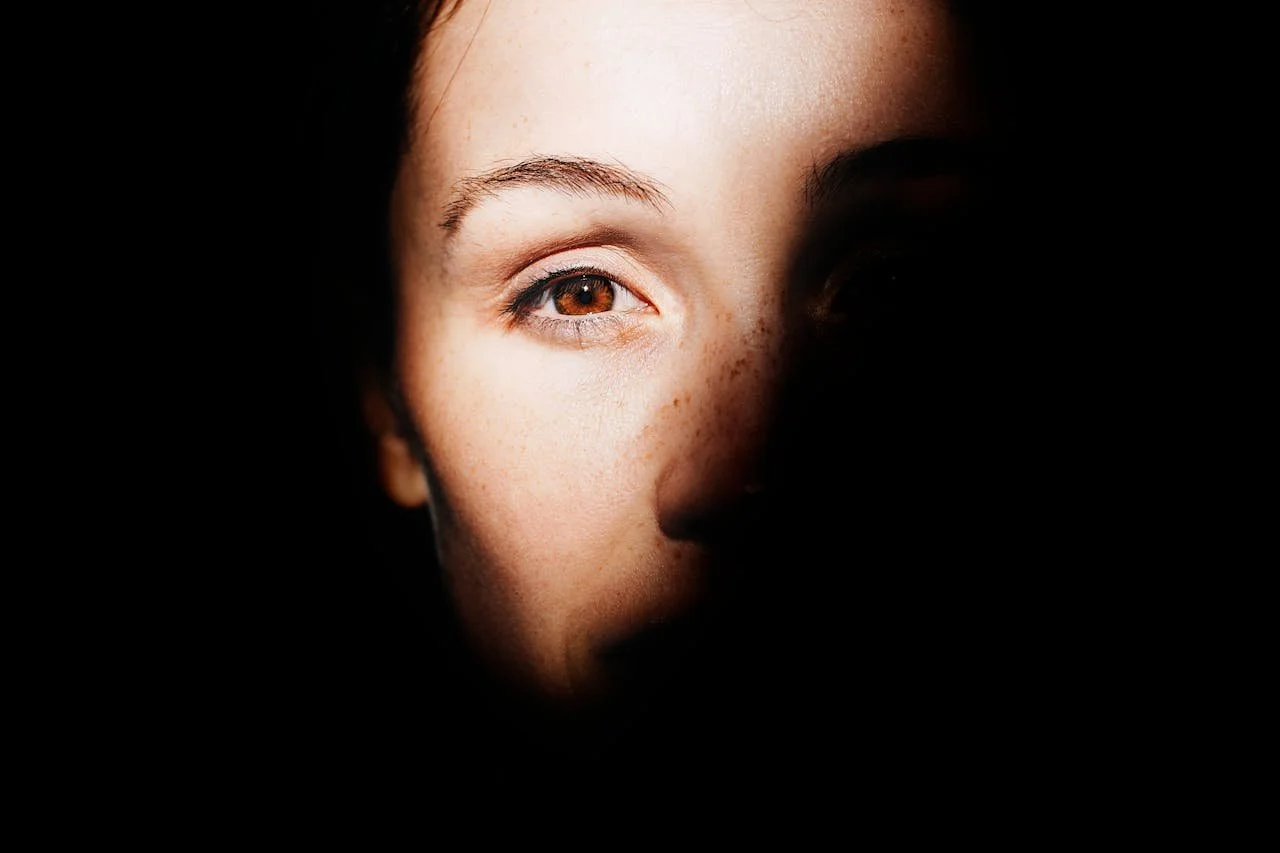
Blog

Behind the Mask: Why Suppressing Neurodivergent Traits Can Trigger Depression
Autistic masking happens when neurodivergent people hide their natural traits to fit in with neurotypical expectations. This constant effort to appear "normal" can feel like wearing an invisible costume every day.

What Is Seasonal Depressive Disorder? Causes, Signs, and Coping Tips
Seasonal depressive disorder is a recognized condition characterized by a predictable, seasonal pattern. This condition affects millions each year.

How to Deal with Frustrating Family Members During the Holidays—Without Losing Your Cool
The holiday season is often painted as a time of uninterrupted connection and cheer. For many, however, the reality includes a quiet sense of dread leading up to annual family events.

When the Holidays Hurt: Understanding How the Season Can Intensify Grief
Experiencing grief during the holidays can feel significantly amplified during the year-end season. This specific time of year provides a powerful and constant backdrop to your emotional state, including associated celebrations, commercial hype, and shifts in social rhythms.

Helping Yourself or a Loved One Through Seasonal Depression
When the days grow shorter and darker, some people experience more than just a preference for cozy evenings indoors. For those living with seasonal affective disorder (SAD), the changing seasons bring a genuine shift in mood, energy, and overall mental health.

Reclaiming Joy: How to Find Meaning in the Holidays During Financial Struggles
The collision between holiday ideals and financial constraints creates a unique form of stress. You may find yourself caught between wanting to create memorable experiences for your children or loved ones and the stark reality of what your bank account allows.

What's the Link Between ADHD and PTSD?
PTSD and ADHD share what researchers call a "bidirectional" relationship where each condition can trigger, worsen, or maintain the other. The statistics are striking: if you have ADHD, you're four times more likely to develop PTSD.

Why Does ADHD Make Regulating Emotions So Difficult?
If you have ADHD, you might sometimes feel like your emotions have a mind of their own. One moment you're fine, and the next, a minor frustration sends you into a spiral of anger or tears.

OCD and Autism: What's the Connection?
The scientific community is increasingly focused on understanding and treating OCD in autistic people, paving the way for better outcomes across different ages. This progress is heartening for such a complex group, and there's optimism that treatment will continue to improve.

ADHD: 5 Forms of Non-Disruptive Stimming
Stimming, short for self-stimulatory behavior, refers to repetitive actions and movements, often to regulate emotion, manage sensory input, or self-express. For those with ADHD, these seemingly minor acts provide a natural way to cope with the highs and lows of their neurodivergent experiences.

How EMDR Works for Complicated Trauma
To understand how EMDR works for complex trauma, we must first grasp its underlying theory: the Adaptive Information Processing (AIP) model. This model posits that the brain naturally processes information and moves towards mental health.

10-Minute Practices That Calm Your Nervous System
One of the most profound insights I've embraced is that calm doesn't demand hours of meditation; even ten short minutes can transform your day.

What Is Auditory Processing Disorder?
Auditory Processing Disorder (APD) is a unique condition where your ears might function perfectly, but your brain struggles to make sense of the sounds it receives. It's not a typical hearing issue, as standard tests often show normal hearing sensitivity.

The Neuroscience of EMDR
If you've experienced trauma, it can feel like an endless loop, with flashbacks, nightmares, or a persistent shadow over your daily life. Traditional talk therapy and medications offer relief for many, but sometimes they aren't the perfect fit.

How to Help Your Child Prepare for ADHD Testing
Deciding to have your child evaluated for ADHD can feel overwhelming, especially with advice coming in from every direction. You may have sought recommendations from friends or are opting for insurance options to find the right evaluation center.

How Does EMDR Help Treat Anxiety?
Generalized anxiety disorder (GAD) is one of the most prevalent and treatable forms of anxiety. People with GAD often find themselves worrying about everyday issues like work, health, or family, which can lead to symptoms like tension, irritability, and trouble sleeping.

Neurodiversity: How to Break the Stigma
In a world that expects uniformity, the idea of neurodiversity reminds us that there is no "right" way to think, learn, and process the world around us.

How Exposure and Response Prevention (ERP) Help OCD
ERP, or Exposure and Response Prevention, is a powerful therapy that helps you break free from the cycle of OCD. It's like a mental workout where you face your fears head-on.

5 Tips for Civility and Curiosity When Your Teen Holds Differing Political Views
As your teenager develops their own worldview, you may find yourself navigating unfamiliar territory when their political beliefs diverge from your own.

OCD & ADHD: A Dual Diagnosis or Misdiagnosis?
The conversation surrounding ADHD and OCD is complex, often intertwining in unexpected ways. These neurodivergent conditions frequently co-occur, challenging the notion of a simple "either-or" diagnosis.

